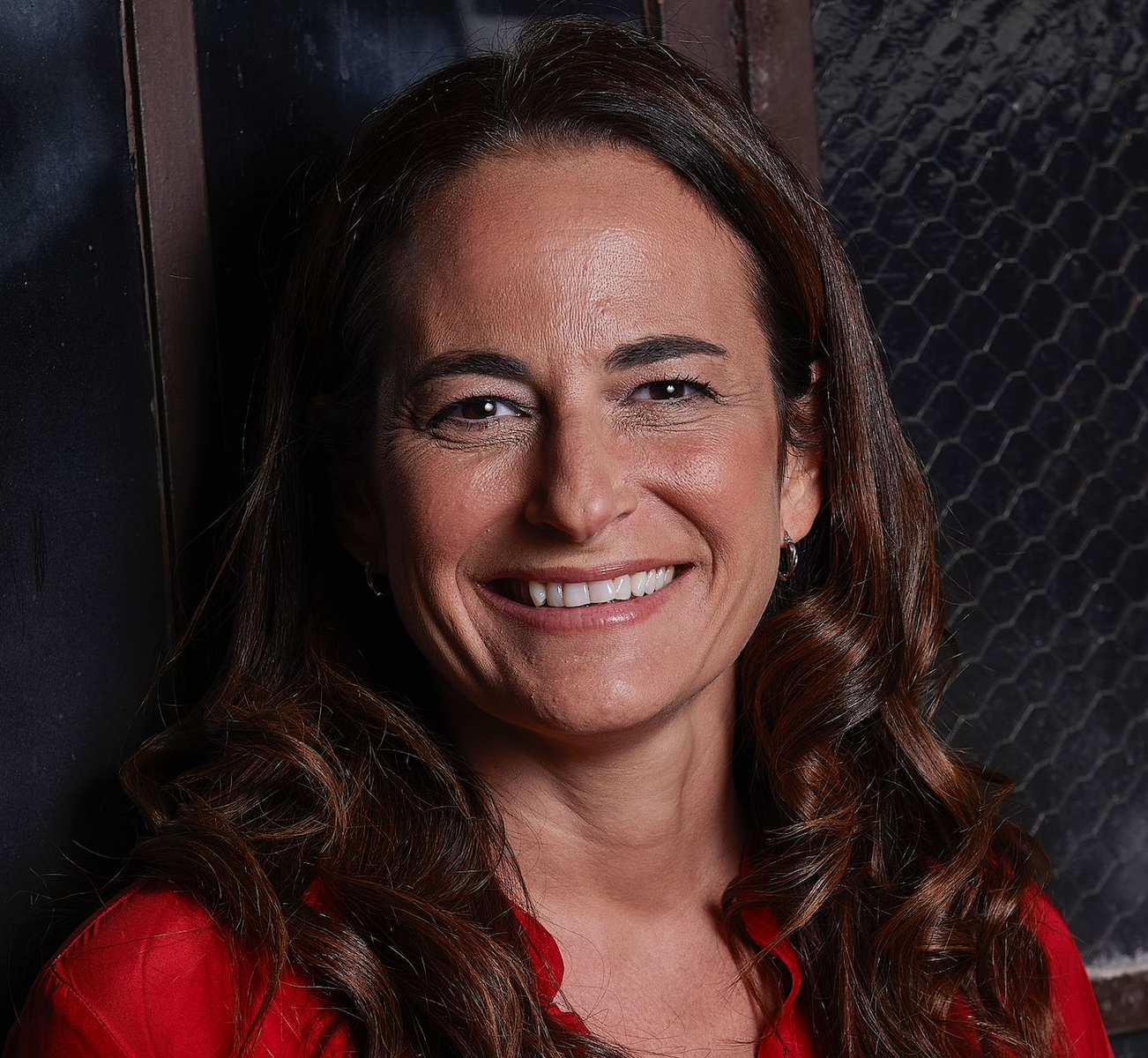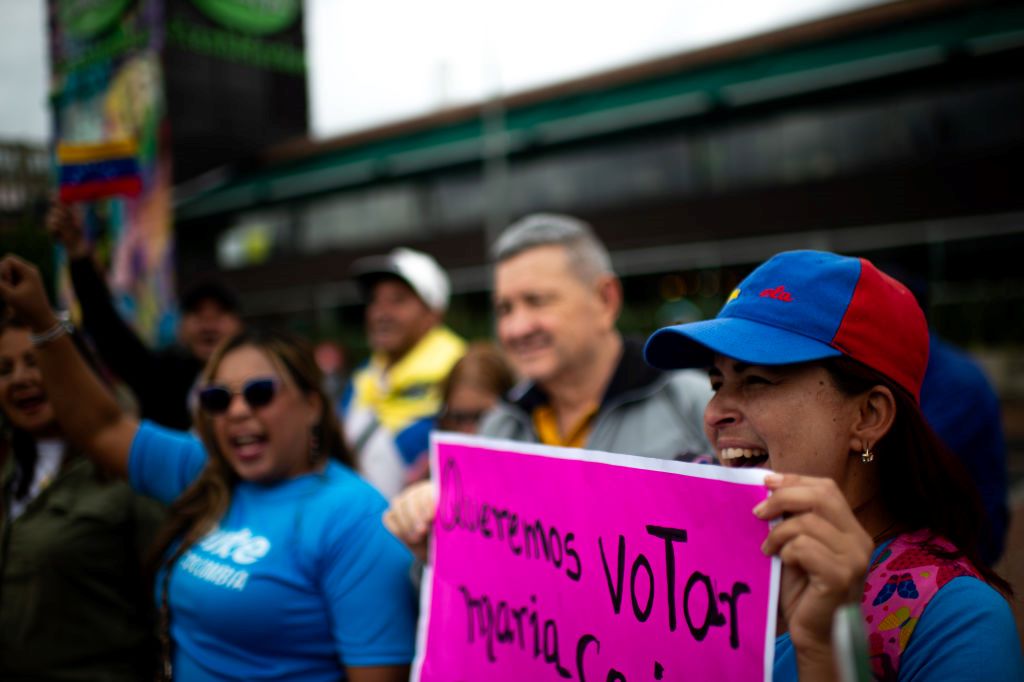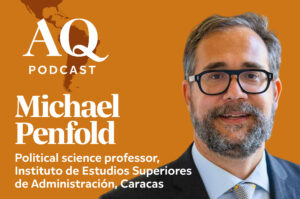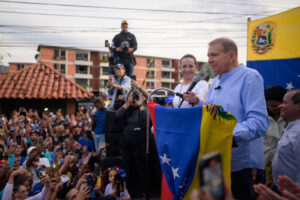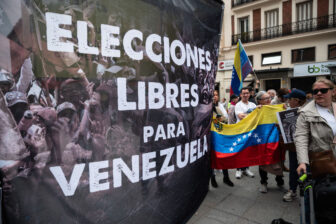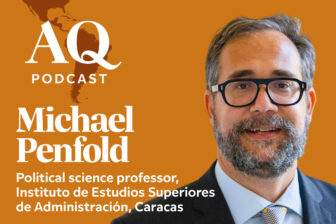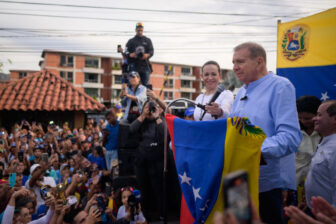Lee este artículo en español.
Venezuelans are eager to vote in the July 28 presidential election. While most lack the time or energy to take to the streets and protest the country’s ongoing crisis, reliable polls indicate that they will mobilize to vote—and will vote for change. Not surprisingly, this scares those in power, prompting efforts to tighten control over both the electoral process and its outcome.
In May, the National Electoral Council revoked an invitation to the European Union to send an electoral observation mission. A few days later, Colombia’s Foreign Minister Luis Gilberto Murillo announced that his country will not send observers, raising serious doubts about President Gustavo Petro’s efforts to foster a fair contest. Although Brazil’s President Luiz Inácio Lula da Silva has called for an “ample presence” of observers, the country’s Superior Electoral Court will not send a mission. With the clock ticking, the United Nations and the Carter Center are still considering their responses to Venezuela’s invitations to conduct their electoral missions.
While independent observers may not prevent the government’s abuse of power, they can help voters feel safer and cast their ballots. Fresh in the memory of many is the 2018 contest, which the U.S. administration labeled as a “sham election.” International independent observers would be able to monitor and provide reliable reports of what happens on the ground. Days ago, leaders of G7 gathered in Apulia, Italy, urged Maduro’s regime to reconsider recent decisions: “We call on Venezuela to fully implement the Barbados Agreement and ensure competitive and inclusive elections on July 28, encompassing full and credible international electoral observation missions,” the leaders of the world’s seven largest economies said in their final communique.
But as worrisome as these gathering clouds may look, there’s more to be concerned with. Nicolás Maduro’s regime is also taking steps to block Venezuelans’ access to ballot boxes at home and abroad. In what is sure to be a tense and highly uncertain post-election scenario, independent observers’ critical reporting will be essential for the international community to assess the election’s legitimacy.
Obstacles to voting
It is hard to find a clearer example of limitations to the right to vote than Venezuelan consular offices’ maneuvers to impede voter registration abroad. When I went to the Venezuelan consulate in Montevideo to register for the presidential election, the consular agent asked for my Venezuelan ID, my Venezuelan passport and my Uruguayan ID.
Upon reviewing my Uruguayan ID, he said: “We have a problem.” According to the National Electoral Council, the residencies of Venezuelans abroad must be valid for at least a year and have an expiration date at least three years away, he added.
I told him they were asking for the impossible. In Uruguay, foreign legal residents receive IDs that are valid for three years. It’s simple math: If the ID is valid for three years, meeting a four-year minimum requirement is not possible. His response? “I can’t vote either.”
The Montevideo consulate was open for voter registration for 11 days. Of the 22,000 Venezuelans eligible to vote, only 37 were able to register, according to Mi Voto Cuenta, a platform documenting irregularities in registrations abroad. Of the over 4 million Venezuelans abroad who are eligible to vote (around 22% of the electorate), only 69,000 are currently able to do so, according to More Consulting, a Caracas-based polling firm.
The National Electoral Council allowed 508 people to register abroad and 6,020 to update their information in the official registry in 2024, according to reporting from Mi Voto Cuenta. The platform registered nearly 3,200 complaints of irregularities across 46 consulates in 35 countries.
With these restrictions abroad, voting in Venezuela becomes even more important—and doing so freely won’t be easy. The political opposition faced an array of illegal obstacles to register a unity candidate, Edmundo González Urrutia—an accidental hopeful to Miraflores Palace—and targeted repression of critical voices persists.
Many Venezuelans are registered away from where they currently live and face logistical challenges to mobilize, such as fuel shortages and the ongoing humanitarian emergency. Even though the opposition is still able to campaign, the risk of political repression on or around election day is looming.
Venezuela’s vast diaspora will play a critical role in the election’s outcome. Those who cannot vote should urge their family members and friends in the country to overcome obstacles and vote, expressing themselves and representing those who are not allowed to do so. Your vote is my vote.
Observation is key
Despite the government’s efforts to show strength, it still needs international legitimacy to fully reintegrate into the global community and financial markets beyond its traditional (undemocratic) allies. Ensuring that the elections appear at least minimally reliable is crucial for achieving this legitimacy—and independent electoral observation is needed for that.
The government’s blatant attempts to manipulate the electoral outcome highlight the need for independent observation on election day and in the lead-up to the vote. Under proper conditions—in which observers can move freely around the country, speak with all relevant actors, have access to official information and report on their findings—such observation does not legitimize a dictatorship, even if elections will likely not be free nor fair.
This election is the starting point, not the endgame, for Venezuela’s future: Those in power will not relinquish it without knowing their fate. All stakeholders in the electoral process should focus on ensuring political viability for Chavismo post-election and offering a “golden bridge” to some members of the Maduro government to open the door to a transition. This requires thinking outside of the box, but within the boundaries of the rule of law to be acceptable for Venezuelan society.
According to More Consulting, 74% of those in Venezuela desiring change from the July 28 election support not bringing key government figures to justice if amnesty is offered. If González wants to stay in the race, he must balance protecting Venezuelans’ right to vote for change with negotiating the post-election landscape. This requires identifying who within the Chavismo power structure is willing to tango with him, in exchange for legal, post-election benefits. If there is a moment for this conversation to happen, it is now.


